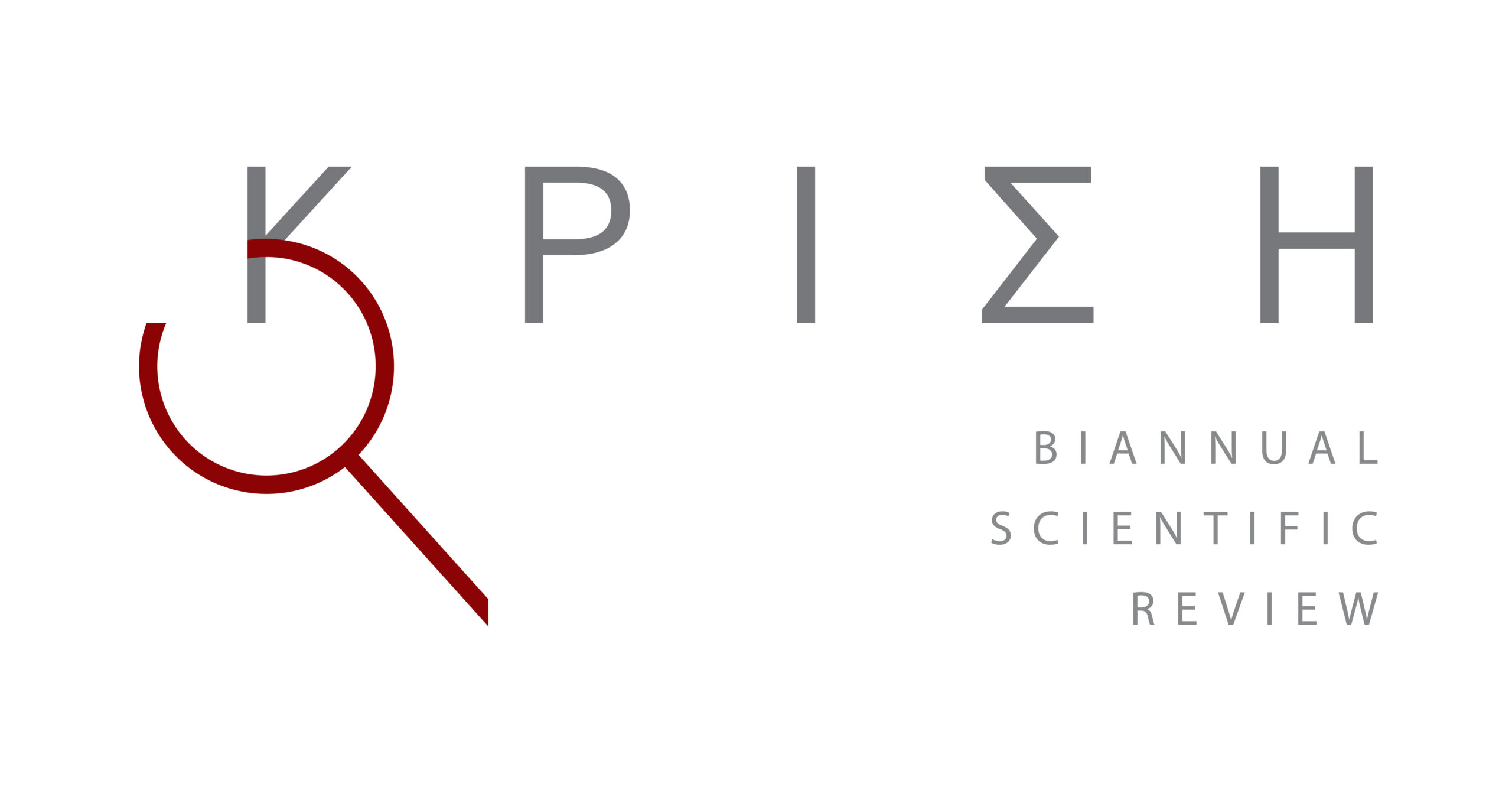In the present paper I will examine a philosophical problem which emerges from the Marxian work and rests on the intersection between metaethics and the philosophy of social sciences. The question is how can we combine the scientific, as evaluatively neutral, comprehension of human society along with the political and ethical evaluation of different societies. The Marxian work seems to bring a tension between two incompatible positions: a) the reduction of ethics to the social milieu, and, b), moral realism. In order to illuminate the tension, I claim that its heart lies on the metaphysical problem of the relation between Nature and Reason, as it has been emerged in modernity. I also attempt to show that the metaphysical problem in question is expressed, within the Marxist tradition, through the so-called “humanist controversy”. Next, I give a map of the existing strategies of avoiding the tension, provided by various Marxists in the 20th century. These strategies may be grouped into two main categories: a) the rejection of moral realism, and, b), the rejection of naturalism in the philosophy of social sciences. Finally, I will attempt to show that the tension that I described is dissolved if we reject the eliminative or scientific version of naturalism, instead of naturalism per se. Furthermore, I will argue that Marx in some of his Theses on Feuerbach, detects and rejects the constitutive premises of eliminative naturalism.
